We can all agree that ensuring the well-being and happiness of our children is one of the most important purposes we have in life. So, this year, we have decided to partner up with MindUp and implement their research-based social emotional learning program in our classrooms.
“MindUP teaches the skills and knowledge children need to regulate their stress and emotion, form positive relationships, and act with kindness and compassion.”
MindUp works to foster children’s well-being by providing educational programs based in neuroscience, mindful awareness, positive psychology and social-emotional learning (SEL).
The program is evidence-based and has been evaluated for its feasibility and outcome evaluations, and in its benefits for students across various demographics, including in early childhood education settings. The MindUp program is accredited by the Collaborative for Academic, Social, and Emotional Learning (CASEL) as a SELect Program.
According to the MindUp website, the program research shows that children who have participated in MindUp showed the following outcomes:
• Better stress regulation as assessed by the stress hormone, cortisol.
• Improved academic performance, especially in math and language arts.
• More prosocial, trustworthy, and liked by their peers.
• Enhanced tools and strategies for self-regulation.
• Demonstrated positive effects on reducing aggression and managing stress.
• Increased optimism and happiness.
MindUp’s research also shows that the program helped improve children’s:
• Attention
• Stress physiology, as measured by the hormone, cortisol
• Academics
• Peer ratings of kindness, prosocialness, and peer acceptance
At Wild Roots, we have always prided ourselves in providing education for the whole child. Our philosophy is rooted in ensuring that every aspect of a child’s development is fostered and supported. Our goal as educators is to provide unadulterated opportunities for discovery and growth, and ensuring that our spaces are free from as much stressors as possible is an important part of that. Providing children with the tools that they need to manage “big emotions” is equally crucial. Through MindUp, we are able to implement evidence-based practices that can improve our children’s social-emotional well-being.
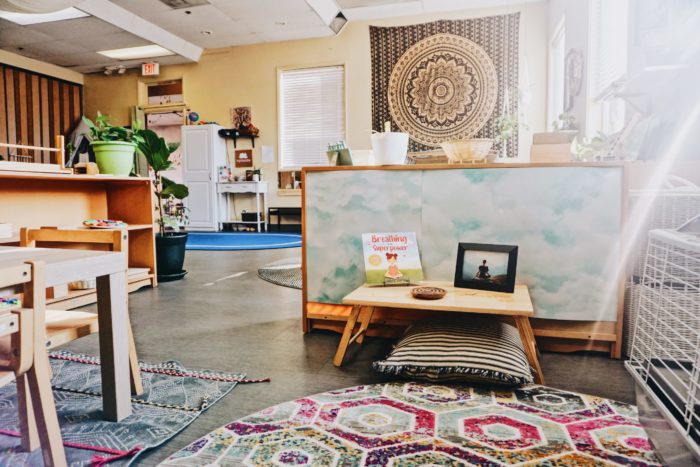
MindUp teaches children about their brain structures and gives them a sense of control and empowerment. By knowing how the brain works, children are presented with a more concrete representation of their feelings and, in turn, their behaviors. Oftentimes, children are simply told how they feel, i.e. “I see that you’re upset,” “You look like you’re angry,” etc., but with no explanation of what those feelings truly mean or how they come about. Emotions are complex and can be difficult to grapple with as a young child. Using the strategies outlined in the program, we are able to provide children with an explanation of what emotions are, how the brain regulates our feelings, and even more, how to manage those emotions through mindful awareness practices, positive psychology, and SEL instruction.
One of the key elements of MindUp is the regular practice of a “brain break,” a mindful awareness practice. During a brain break, we invite children to take deep breaths to help reset and relax their brains. This focused breathing practice is now regularly exercised in our classrooms and is a tool that children can use to focus their attention, and regulate their stress and emotions.
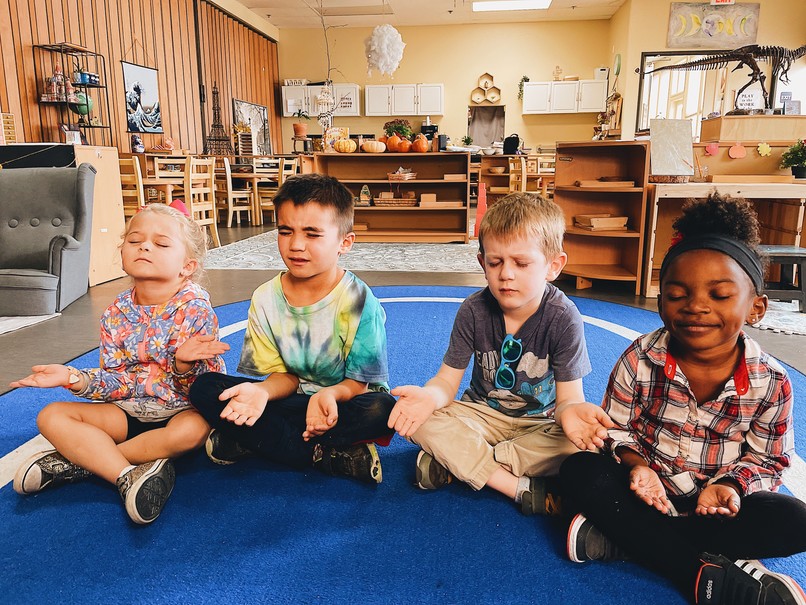
Mindfulness has been shown through research to reduce aggression and other behavioral difficulties, and increase pro-social behaviors.
By implementing daily brain breaks in our classrooms, we are hoping to cultivate learning environments that foster kindness and grace.
Children are faced with more difficulties than ever before. It is difficult to imagine how our youngest population can already be bogged down with so much stress and anxiety. It is then our responsibility to give children skills and tools that they can use daily to navigate the world around them. MindUp is a treasure trove of resources for social-emotional learning, and we are so excited to partner up with them as we help raise kind, compassionate and responsible citizens of the world.
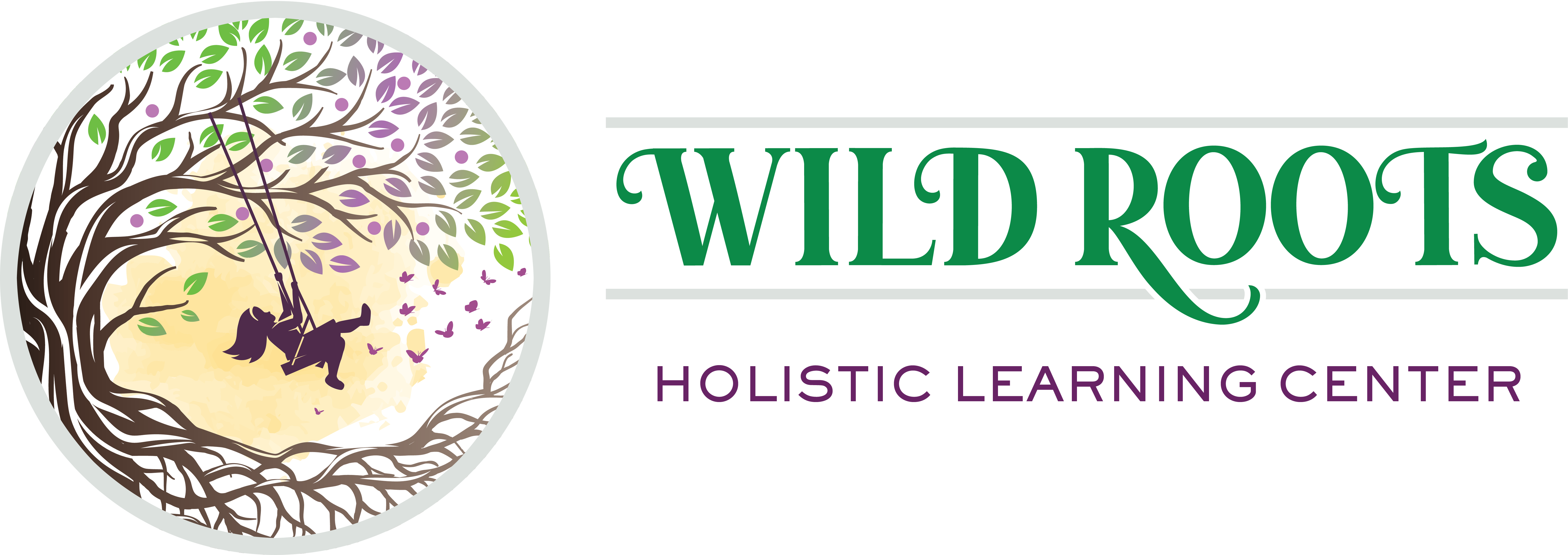


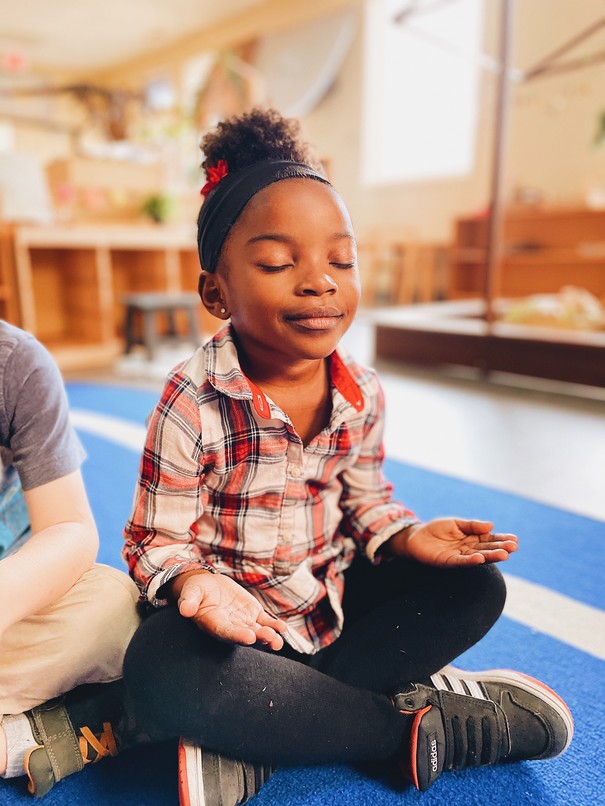
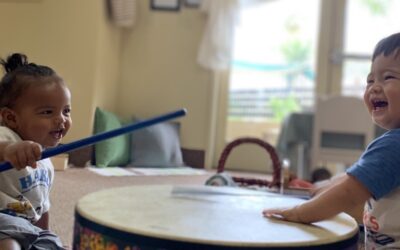
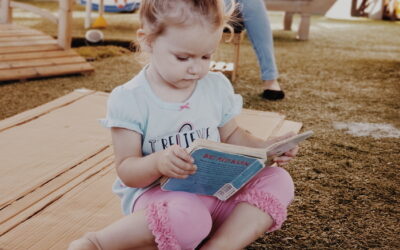
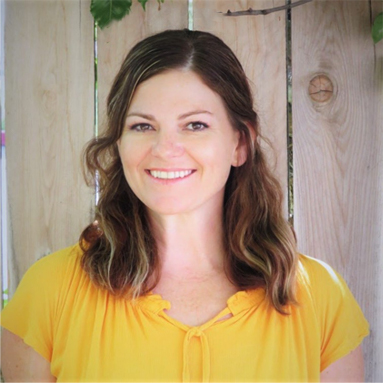
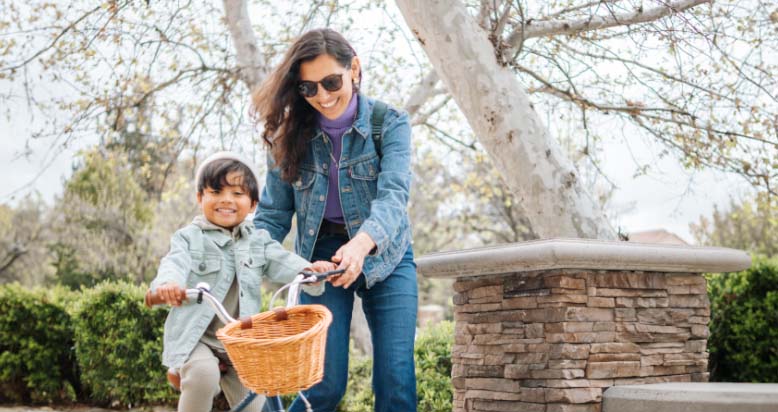
0 Comments